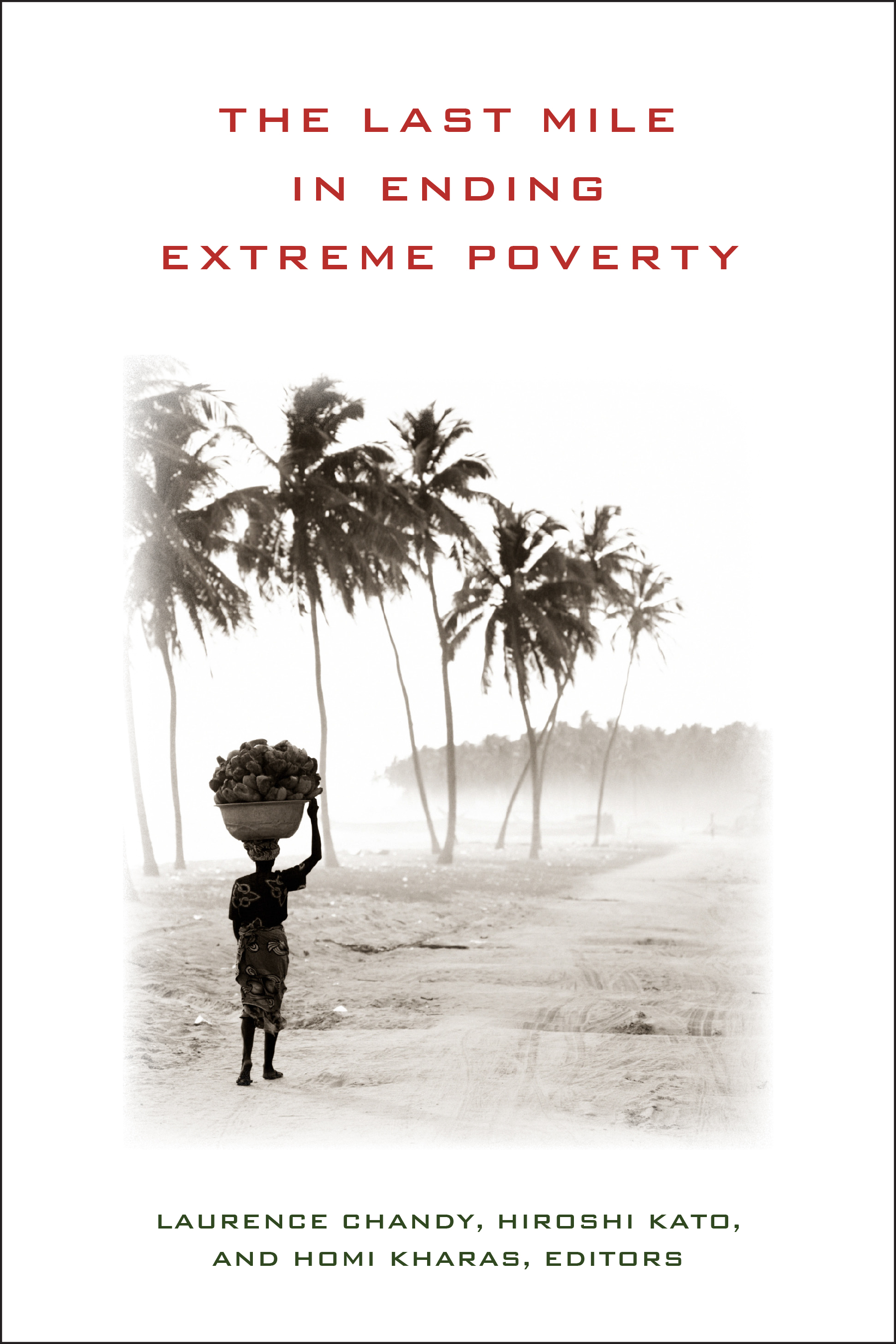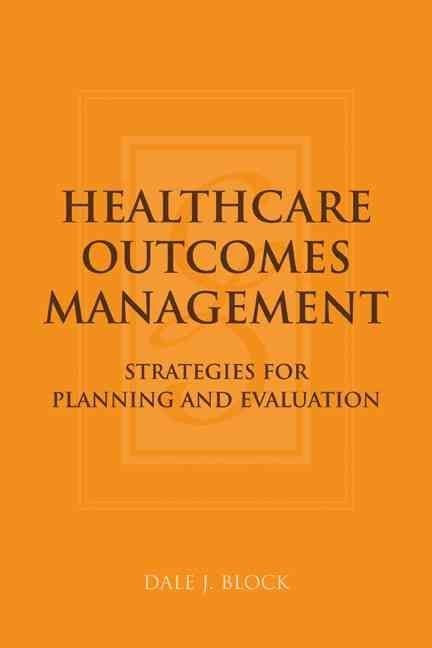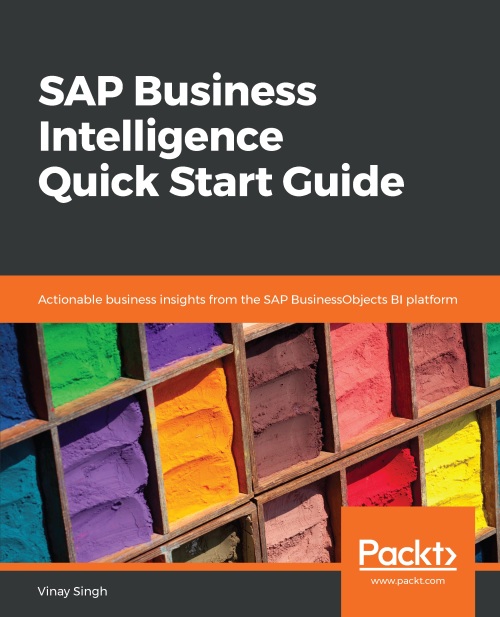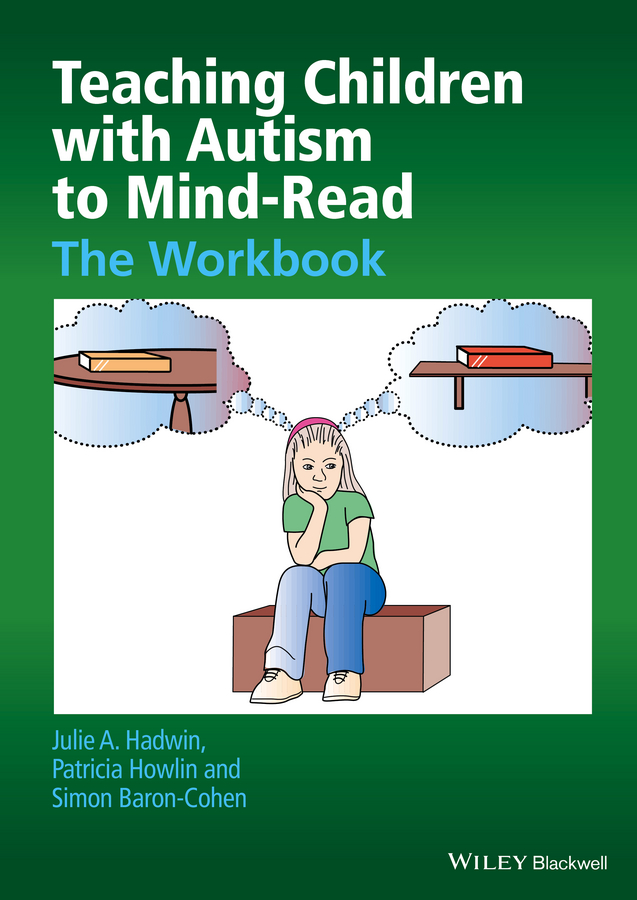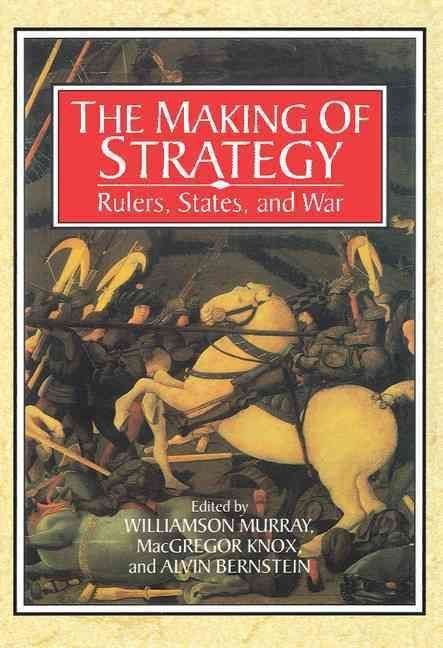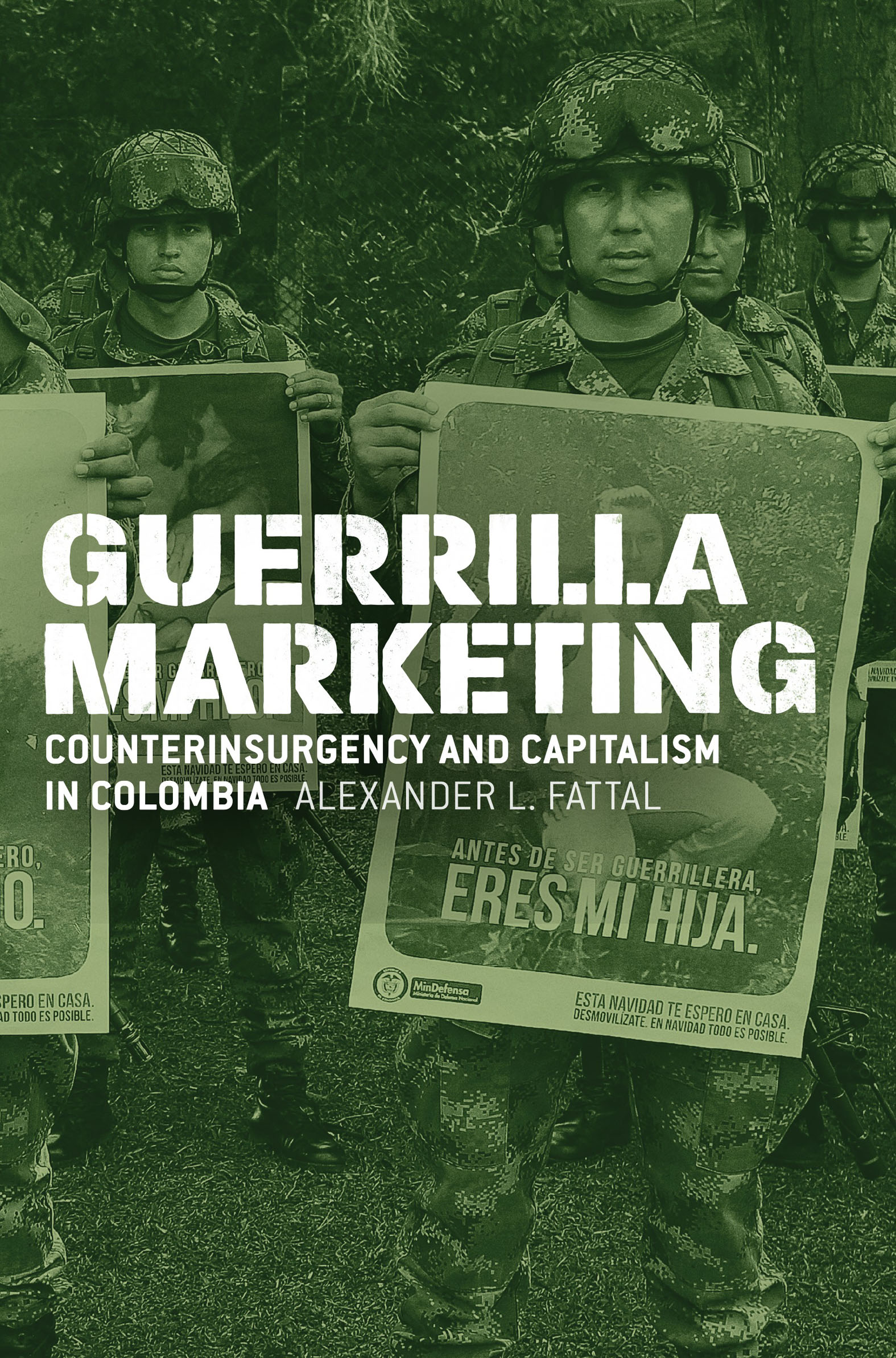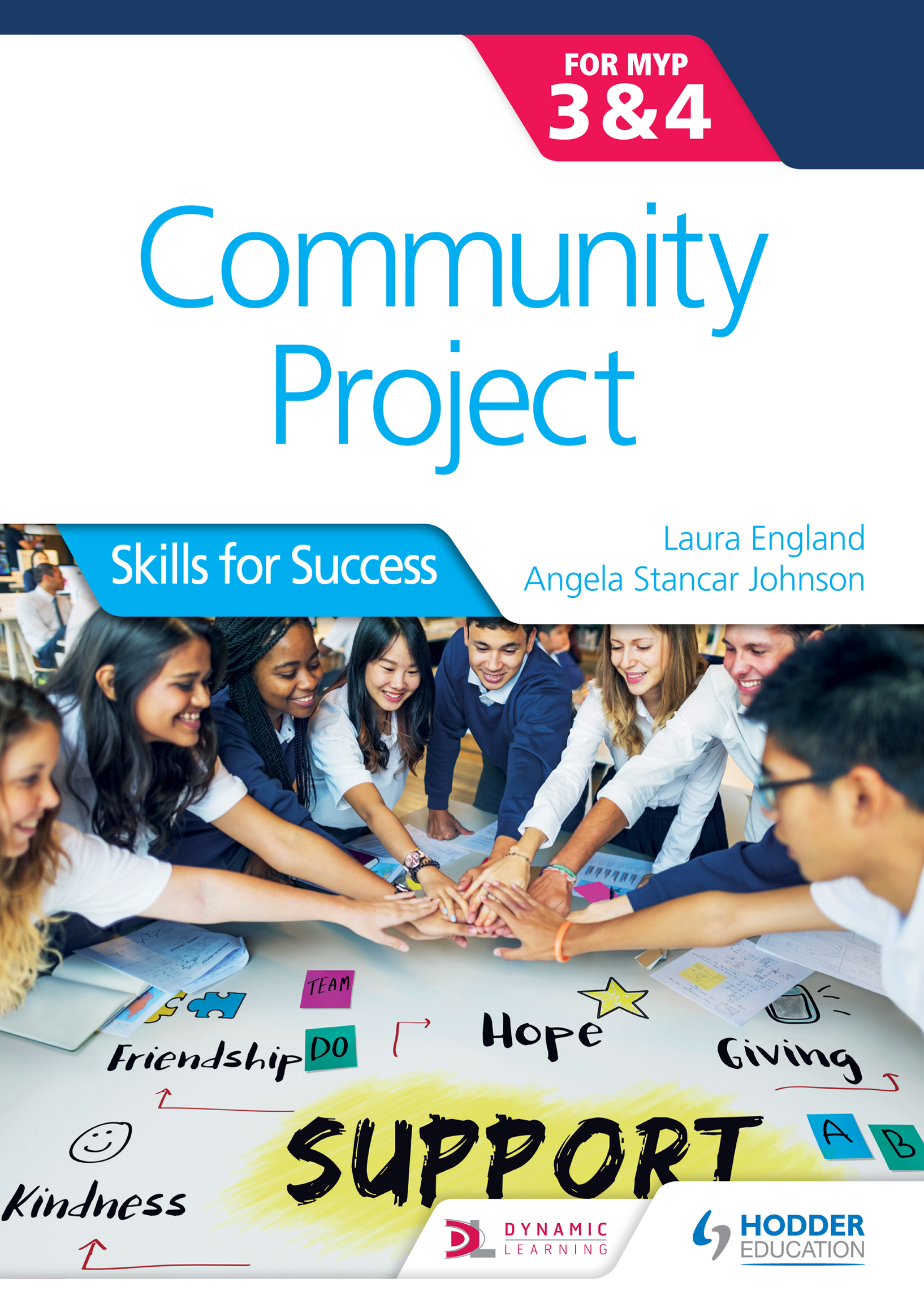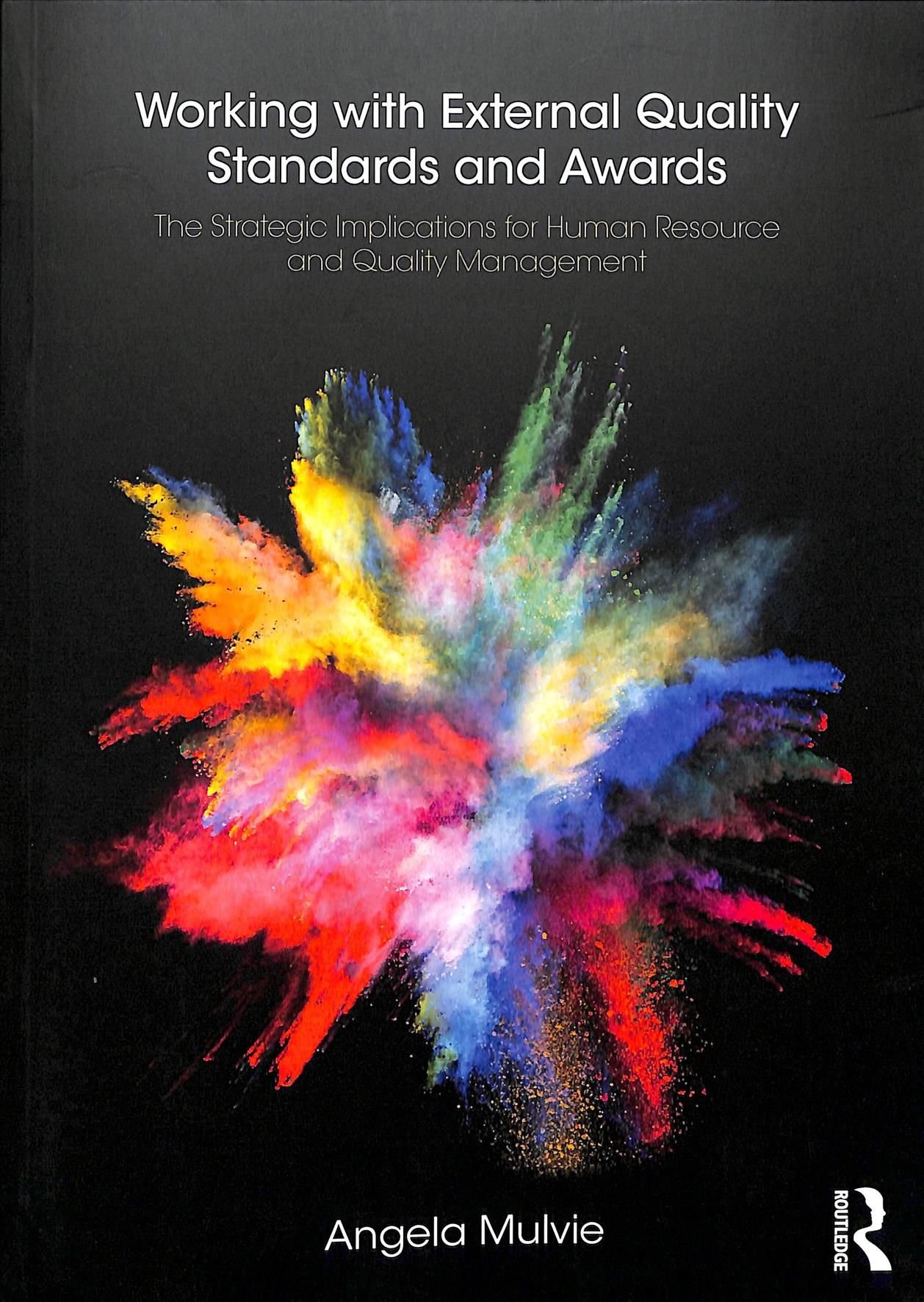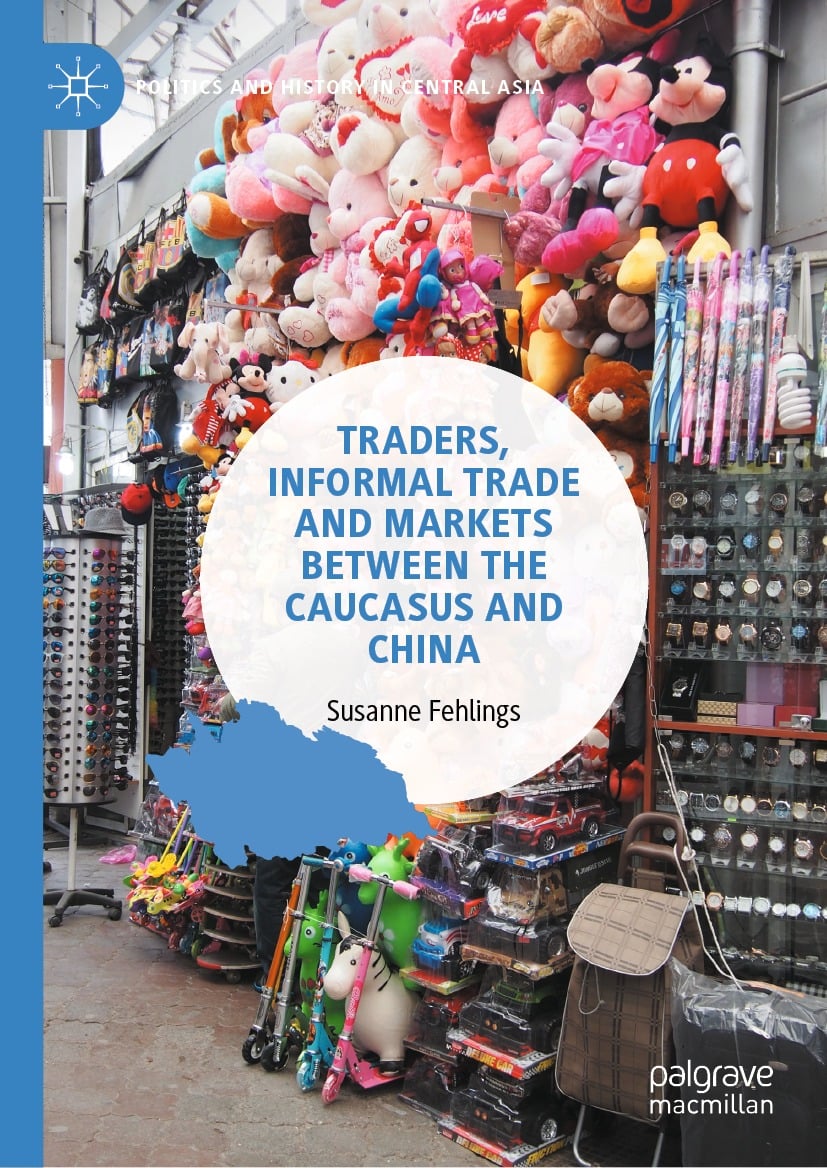Viewed from a global scale, steady progress has been made in reducing extreme poverty-defined by the $1.25-a-day poverty line-over the past three decades. This success has sparked renewed enthusiasm about the possibility of eradicating extreme poverty within a generation. However, progress is expected to become more difficult, and slower, over time. This book will examine three central changes that need to be overcome in traveling the last mile: breaking cycles of conflict, supporting inclusive growth, and managing shocks and risks. By uncovering new evidence and identifying new ideas and solutions for spurring peace, jobs, and resilience in poor countries, The Last Mile in Ending Extreme Poverty will outline an agenda to inform poverty reduction strategies for governments, donors, charities, and foundations around the world. Contents Part I: Peace: Breaking the Cycle of Conflict External finance for state and peace building, Marcus Manuel and Alistair McKechnie, Overseas Development Institute Reforming international cooperation to improve the sustainability of peace, Bruce Jones, Brookings and New York University Bridging state and local communities through livelihood improvements, Ryutaro Murotani, JICA, and Yoichi Mine, JICA-RI and Doshisha University Postconflict trajectories and the potential for poverty reduction, Gary Milante, SIPRI Part II: Jobs: Supporting Inclusive Growth Structural change and Africa’s poverty puzzle, John Page, Brookings Public goods for private jobs: lessons from the Pacific, Shane Evans, Michael Carnahan and Alice Steele, Department of Foreign Affairs and Trade, Government of Australia Strategies for inclusive development in agrarian Sub-Saharan countries, Akio Hosono, JICA-RI The role of agriculture in poverty reduction, John McArthur, Brookings, UN Foundation, and Fung Global Institute
